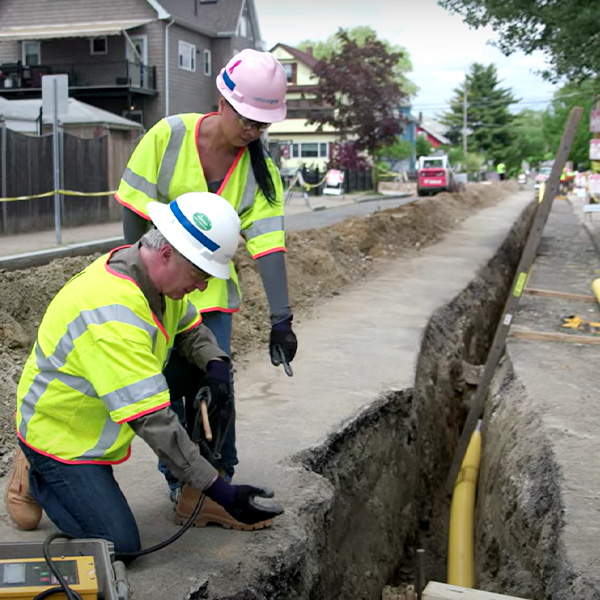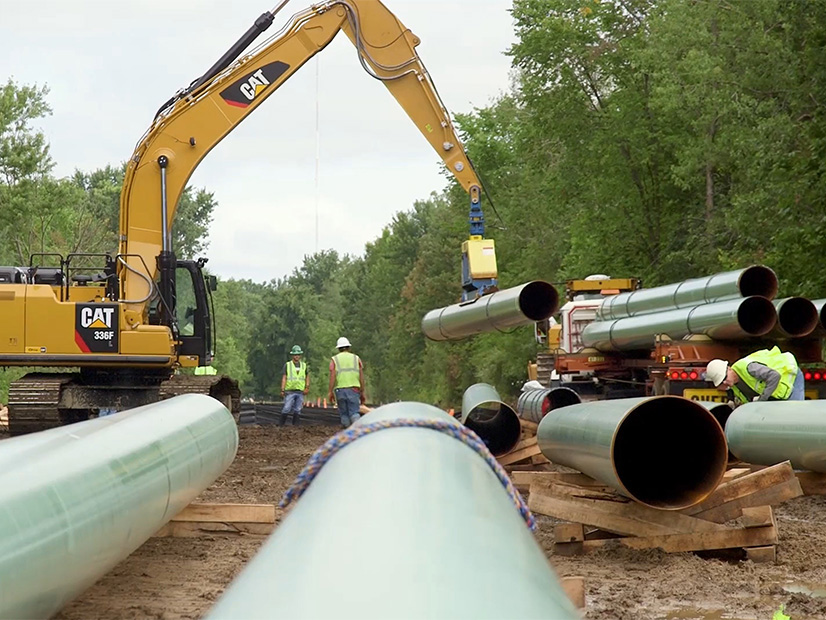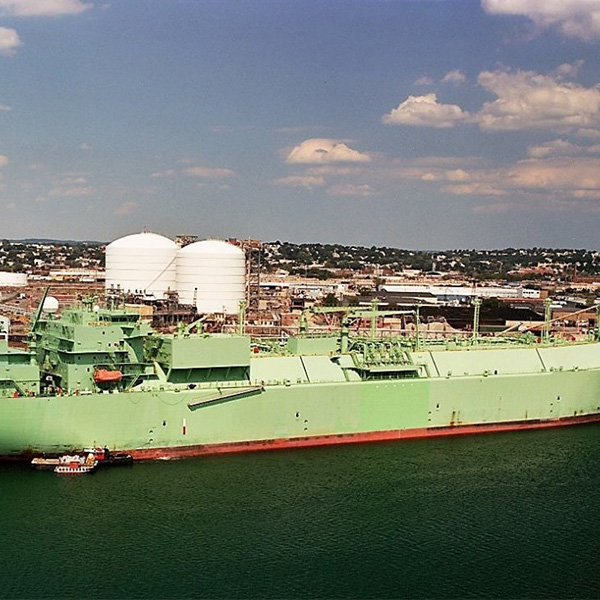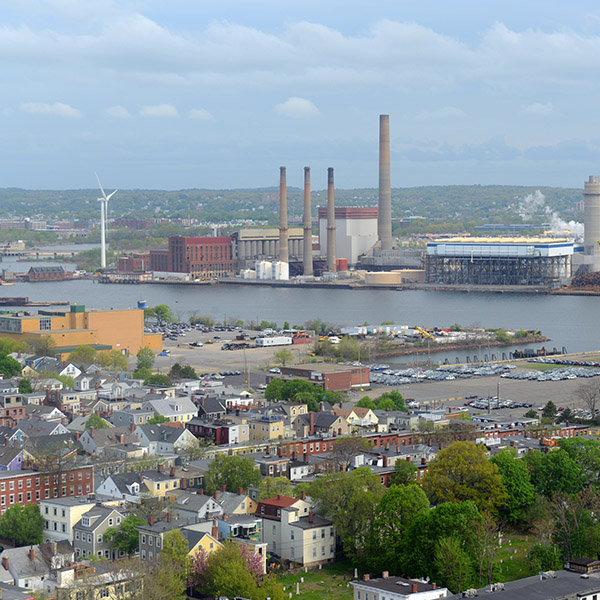Everett LNG Facility
In Massachusetts, a state with some of the most ambitious decarbonization policies in the country, fundamental disagreements between utilities and consumer advocates threaten to derail the transition from natural gas before it even gets off the ground.
A relatively small project aiming to increase gas pipeline capacity into New England is raising larger underlying questions about how the region will balance gas reliability and affordability with longer-term efforts to transition away from natural gas.
State energy officials emphasized the need for increased oversight for transmission investments at Raab Associates’ New England Electricity Restructuring Roundtable.
A new study from the Northeast Power Coordinating Council outlines some of the major risks that reliance on natural gas generation poses for the New England power system.
ISO-NE projects shortfall risks from extreme weather events to be manageable this winter and expects market mechanisms to provide relief by encouraging fuel conservation and replenishment.
Massachusetts’ new Office of Energy Transformation will focus on cutting peaker plant emissions, eliminating the state’s reliance on the Everett Marine Terminal LNG import facility, and financing distribution grid upgrades that minimizes costs.
The Massachusetts Department of Public Utilities approved agreements between Constellation Energy and the state’s investor-owned gas utilities to keep the Everett LNG import facility operating through May 2030.
Constellation is requesting an increase in the cost-of-operation charges in its proposed agreements with Massachusetts gas utilities to keep the Everett LNG import terminal operating through the winter of 2029/30.
The Massachusetts AGO and DOER expressed concern about the climate effects of proposed utility supply contracts to keep the Everett LNG import facility operating until 2030.
Proposed supply agreements between Constellation and Massachusetts gas utilities which would keep the Everett Marine Terminal operating through 2030 are facing pushback from environmental organizations and the Attorney General’s Office.
Want more? Advanced Search








